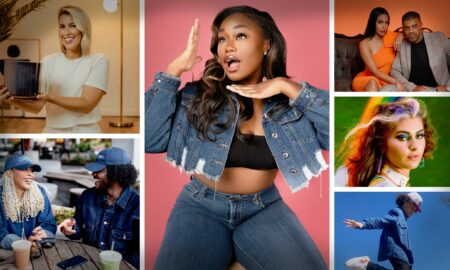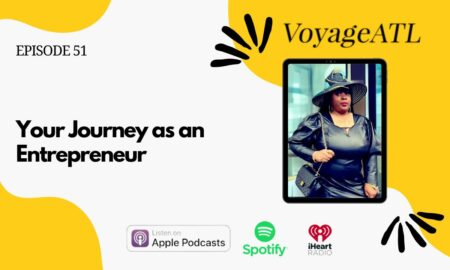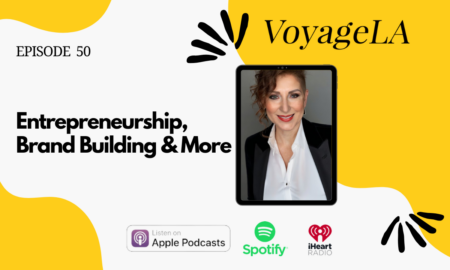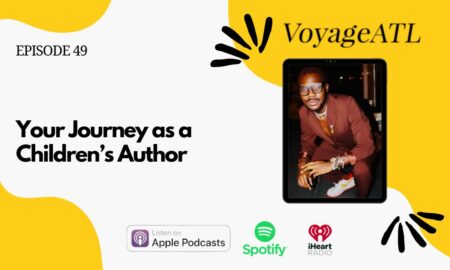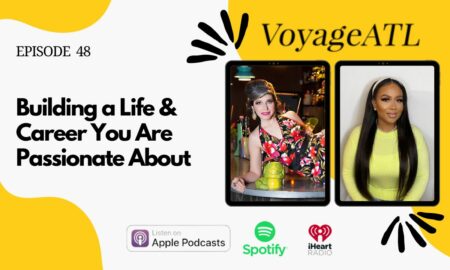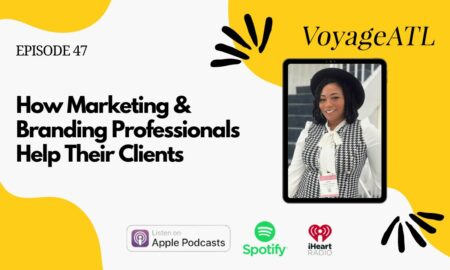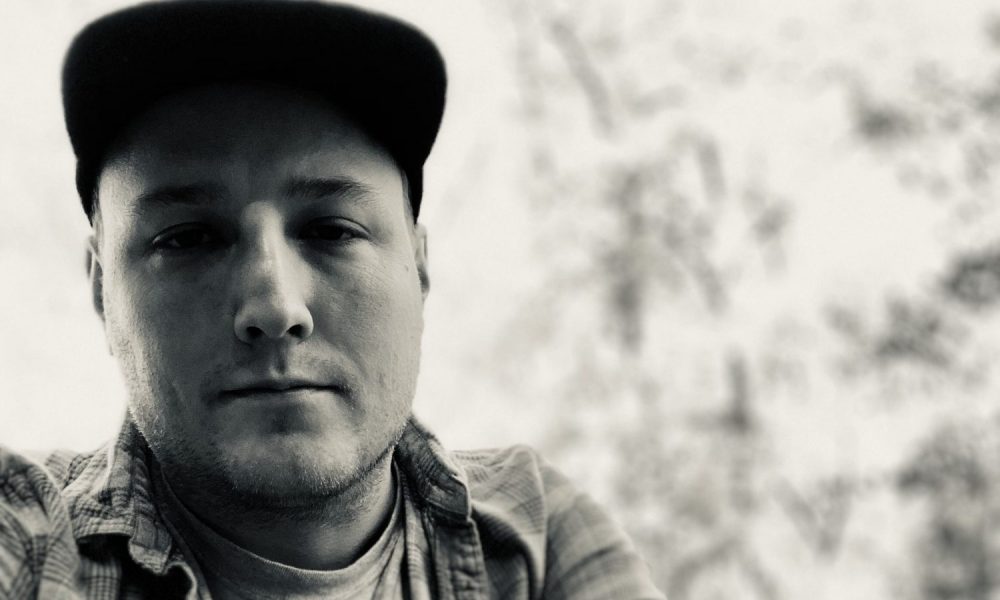

Today we’d like to introduce you to Eric Setterlund.
So, before we jump into specific questions, why don’t you give us some details about you and your story.
I grew up in the suburbs of Memphis. I’ve played music my entire life, starting with trumpet at an early age. Like a lot of suburban kids, I eventually picked up guitar, with bedroom dreams of rock and roll stardom, channeling all of the great players and so desperately wanting to carve out my own unique identity—rage against the machine, you know?
I was in bands and played guitar loosely with folks for most of my teens and young adult life. I played for hours on end each day, sitting in my room, dorm, or apartment. You would be hard-pressed to not find me holding a guitar for over a decade of my life. I was also listening to anything and everything. I took a lot of pride in being that guy that turned people on to all sorts of music. Music was my identity. But I then took an almost seven-year hiatus from music to pursue graduate school and a career. It wasn’t intentional. There was just no time for it, and I became a little bored with it.
Then, I became immensely unhappy and unfulfilled. I couldn’t figure out what was missing, but in retrospect, it was pretty obvious what was missing—music. So, about three years ago, I made some changes in my life to free up more time to pursue it. I also made a conscious decision to switch from guitar to more free-form instruments and tools. I really wanted to challenge myself and head in a totally different direction. So, I pursued ambient and electronic music, using modular synthesis, analog synths and drum machines, open-source hardware (like monome), reel-to-reel and cassette tape loops, field recordings, etc. I shunned DAWs, recording to tape exclusively. I’m slowly coming around to Ableton and Max, but I still always start my ideas on hardware before moving to the DAW.
At first, I wasn’t taking it very seriously. I then started my Instagram account, @look_o_u_t to post periodic sound sketches and capture my development and experiments. People started to dig it and follow and engage with me on my work. I’m still so humbled by the support I’ve received there. Social media can often be such a nasty place, so this was all a pleasant surprise. Soon, I also started to meet and collab with other like-minded musicians from Chattanooga and all over the world.
Most importantly, my Instagram account led to me releasing music from the LA-based label, Mystery Circles (@mysterycircles). My first release was my Signal Mountain ambient project with the amazingly-talented piano player, Josh McCausland (@joshatiqflicks // Chicago). This is one of my favorite projects, as Josh and I are very synced up musically. Our first album, “Familiar Trails,” was put out on a limited edition cassette. Josh and I also contributed a track to the Vol. 1 artist 12″ vinyl compilation, which is an amazing compilation that you should all check out! Most recently, I put out a 7″ vinyl split with Scott Campbell (@scttcmpbll // New Orleans), which was my first solo release under the Lookout alias. I also have a full solo release coming this year. It’s all TBD given the COVID-19 pandemic. Ultimately, I’m so very appreciative of Mystery Circle’s support of my projects. It’s been a great label to work with that’s doing everything for the right reasons.
I’m now working on a collaboration project with Brazilian producer, Ramon Fassina (@dissolveinsepia). We’re going by Archipelagos. I’m very excited about this project as it is an entire new direction, sonically, It’s going to be a very fun release.
Overall, has it been relatively smooth? If not, what were some of the struggles along the way?
Time, right? It’s always the biggest challenge. I still have a full-time job and a wife and a daughter—both of whom are amazingly supportive. But it’s hard to make the time to pursue the things I want to do. Lots of sleepless nights.
We’d love to hear more about your work and what you are currently focused on. What else should we know?
Everything is still early now, as I’ve only been seriously pursuing music for a little over a year. But I think people dig the variety of my work and the hardware/analog-based approach. So much these days is done behind a computer screen, and I think people find my hands-on approach interesting. I borrow a lot from old sound-design methods, like recording to reel-to-reel and randomly splicing with a razor and reconstructing tape.
If you had to go back in time and start over, would you have done anything differently?
I don’t think I would have taken the break from making music. I wish I would have pursued the path I’m currently on about ten years earlier.
Contact Info:
- Instagram: @look_o_u_t






 Image Credit:
Image Credit:
Tim Cofield, Andrew Meador
Suggest a story: VoyageATL is built on recommendations from the community; it’s how we uncover hidden gems, so if you or someone you know deserves recognition please let us know here.

